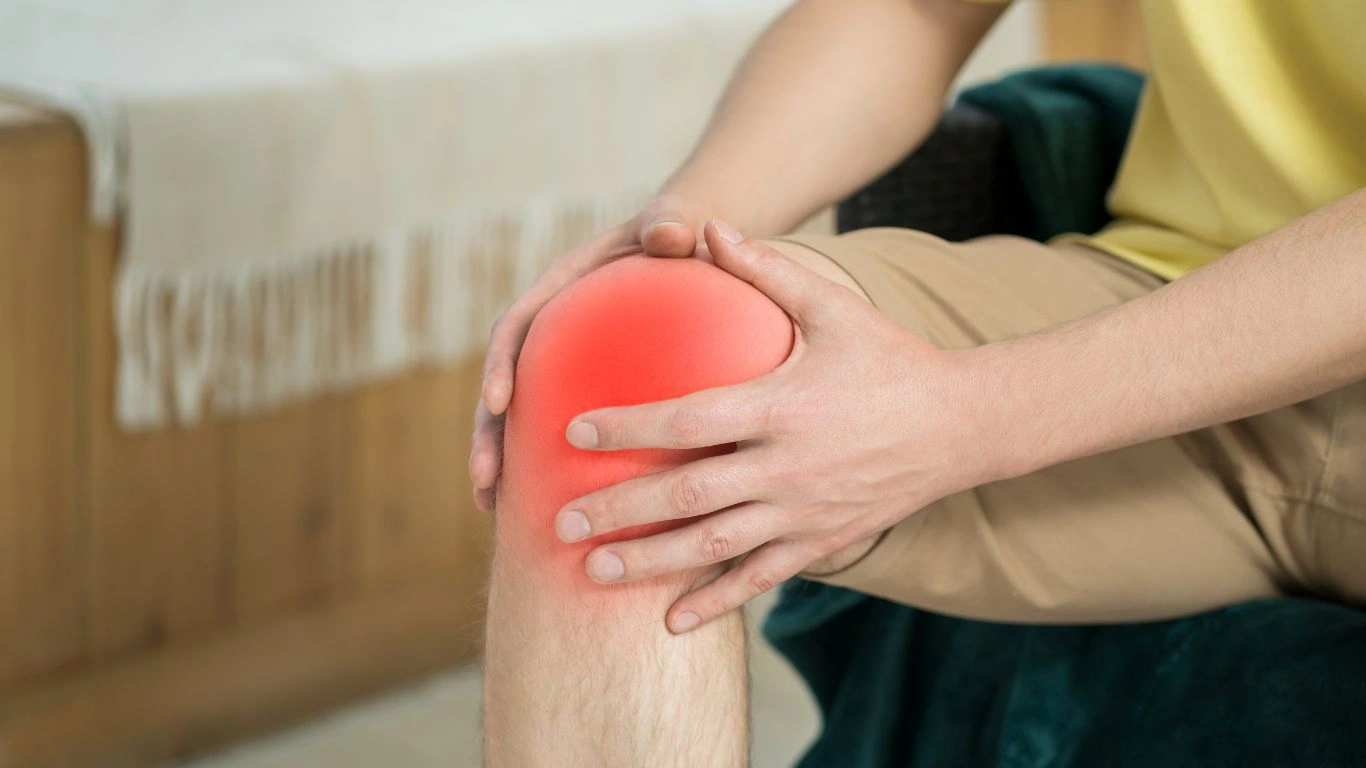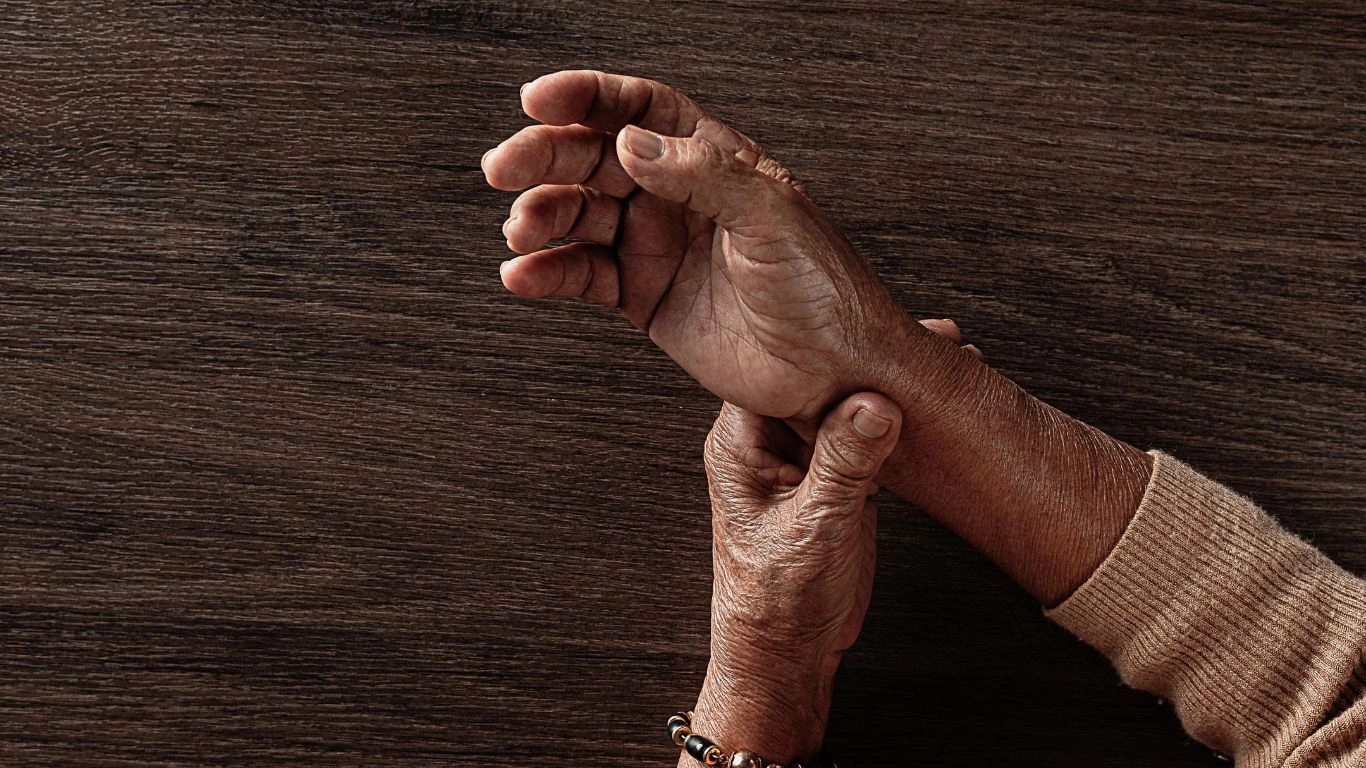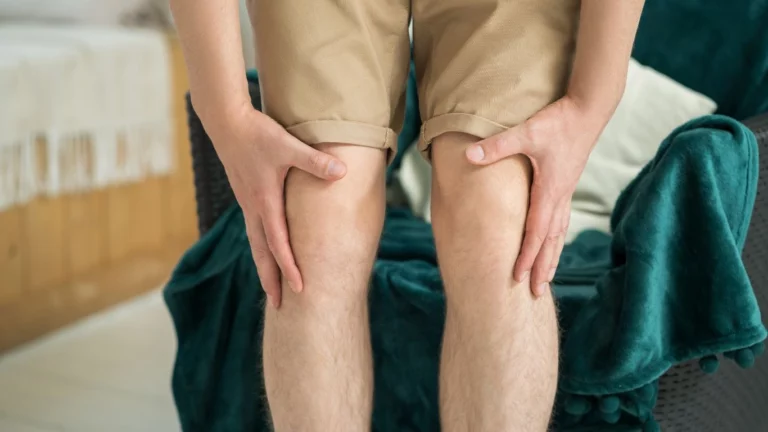Can Rheumatoid Arthritis Cause Numbness or Tingling? 🤔
So, you’ve got rheumatoid arthritis (RA), and now you’re wondering why you’re feeling all these weird tingling or numb sensations in your fingers or feet, right? RA is usually known for causing joint pain and stiffness, but it turns out it can mess with your nerves too. Let’s break it down and talk about why this happens and what you can do about it.
What’s Going on When RA Messes with Your Nerves? 🧠
RA doesn’t just affect your joints; it can cause inflammation that messes with the nerves around those areas too. It’s like when you’re sitting in one position too long, and your foot falls asleep—except it’s happening in places where your nerves are getting squeezed because of RA.

How Inflammation Plays a Role
When your joints flare up with inflammation, sometimes it pushes against nearby nerves. This pressure can give you that tingling or “pins and needles” feeling, especially in areas like your wrists or elbows. I’ve seen a lot of people dealing with this, and it can feel pretty uncomfortable. It’s like your body’s way of saying, “Hey, slow down—something’s not quite right here.”
Can RA Cause Nerve Damage?
It’s not just about temporary numbness. If RA goes unchecked for a long time, the inflammation can cause actual nerve damage. That’s what we call “peripheral neuropathy,” and it can lead to more persistent symptoms like constant tingling or even muscle weakness. So yeah, RA can mess with your nerves in more ways than one.
Common Reasons You Might Be Feeling Numb or Tingling 🤨
If you’re suddenly dealing with tingling in your hands or feet, it could be because of RA. But before you start freaking out, let’s look at some common reasons this happens, and how to figure out if RA’s the culprit.

1. Swollen Joints Pinching Nerves
When your joints are inflamed, especially in places like your wrists or fingers, they can actually start pressing on the nerves. If you’ve ever had that feeling like your foot’s asleep but you can’t shake it off, it’s a similar idea.
What You Can Do: Talk to your doctor and get the inflammation under control. Medications that reduce swelling can sometimes help relieve the pressure on those nerves.
2. Peripheral Neuropathy from RA
This is a bit more serious. Peripheral neuropathy happens when RA causes long-term inflammation that directly affects the nerves. So, you might start noticing numbness, tingling, or a lack of feeling in your hands, feet, or other areas.
What You Can Do: If this sounds like what you’re going through, it’s time to have a serious chat with your doctor about how to manage both your RA and the nerve symptoms. There are meds that can help with the nerve pain and tingling.
3. Neck or Spine Issues
RA can affect your neck too, and when that happens, it can pinch nerves in your cervical spine (fancy name for your neck area), leading to tingling in your arms or hands. This happened to a friend of mine who was dealing with severe neck pain and didn’t realize it was related to his RA.
What You Can Do: If you’re feeling numbness or tingling in your arms and hands, get your neck checked out. Sometimes the nerves in the spine get pinched and need to be treated with some physical therapy or other interventions.
Sometimes the meds you’re taking to treat RA can actually cause nerve-related symptoms too. I’ve heard from a lot of people that some of the drugs used to treat RA (like methotrexate) can give you weird tingling or numbness in your extremities.
What You Can Do: If you suspect your meds are causing this, definitely talk to your doctor. They might be able to adjust your dose or even switch you to something else that won’t mess with your nerves.
Real-Life Examples: How Other People Are Dealing with It 💪
Let me share a couple of stories from people I know who’ve been in the same boat.

Sarah’s Story: Wrist Issues from RA
Sarah, a 40-something woman, had RA for years. She started feeling tingling in her hands, especially in the morning. At first, she thought it was just the usual RA stuff, but turns out, the inflammation in her wrists was causing nerve compression. She had to wear wrist splints at night and started taking anti-inflammatory meds. After a few months, her symptoms calmed down, and the tingling stopped.
James’ Journey with RA and Nerve Damage
James is a bit older, and he’s had RA for over 20 years. Lately, he’s been dealing with a lot of tingling in his feet, and it was seriously affecting his daily life. He went to a neurologist, who diagnosed him with peripheral neuropathy caused by RA. He worked with both his rheumatologist and a neurologist to adjust his meds and add in nerve-specific treatments. It took some time, but eventually, his symptoms got a lot better.
Key Takeaways: Don’t Ignore Numbness and Tingling 📝
In short:
- Numbness and tingling are often related to RA, due to nerve compression or peripheral neuropathy.
- Manage your RA symptoms to reduce inflammation and protect your nerves.
- Work with your doctor to create a treatment plan that addresses both RA and nerve issues.
- If you experience these symptoms, don’t wait—talk to your healthcare provider sooner rather than later.
FAQs: All the Questions You’ve Got 🧐
Can RA cause permanent nerve damage?
If you let RA go unchecked for a long time, it can lead to permanent nerve damage. But with treatment, you can often prevent that from happening.
Is tingling in my fingers always from RA?
Not necessarily. It could also be something like carpal tunnel syndrome or even diabetes. It’s always good to get checked out if you’re unsure.
How can I stop numbness from RA?
Keeping inflammation under control is key. Regular exercise, a balanced diet, and sticking to your RA treatment plan can help a lot.
Final Thoughts and What to Do Next 🚀
If you’re dealing with numbness or tingling, don’t just brush it off—especially if you have rheumatoid arthritis. Talk to your doctor about it. The sooner you address it, the better. There are ways to manage it, and getting the right treatment can make a huge difference.
If you need some help navigating this or just want to chat more about RA, reach out to your healthcare team or leave a comment below. Take care of yourself—your body will thank you!






